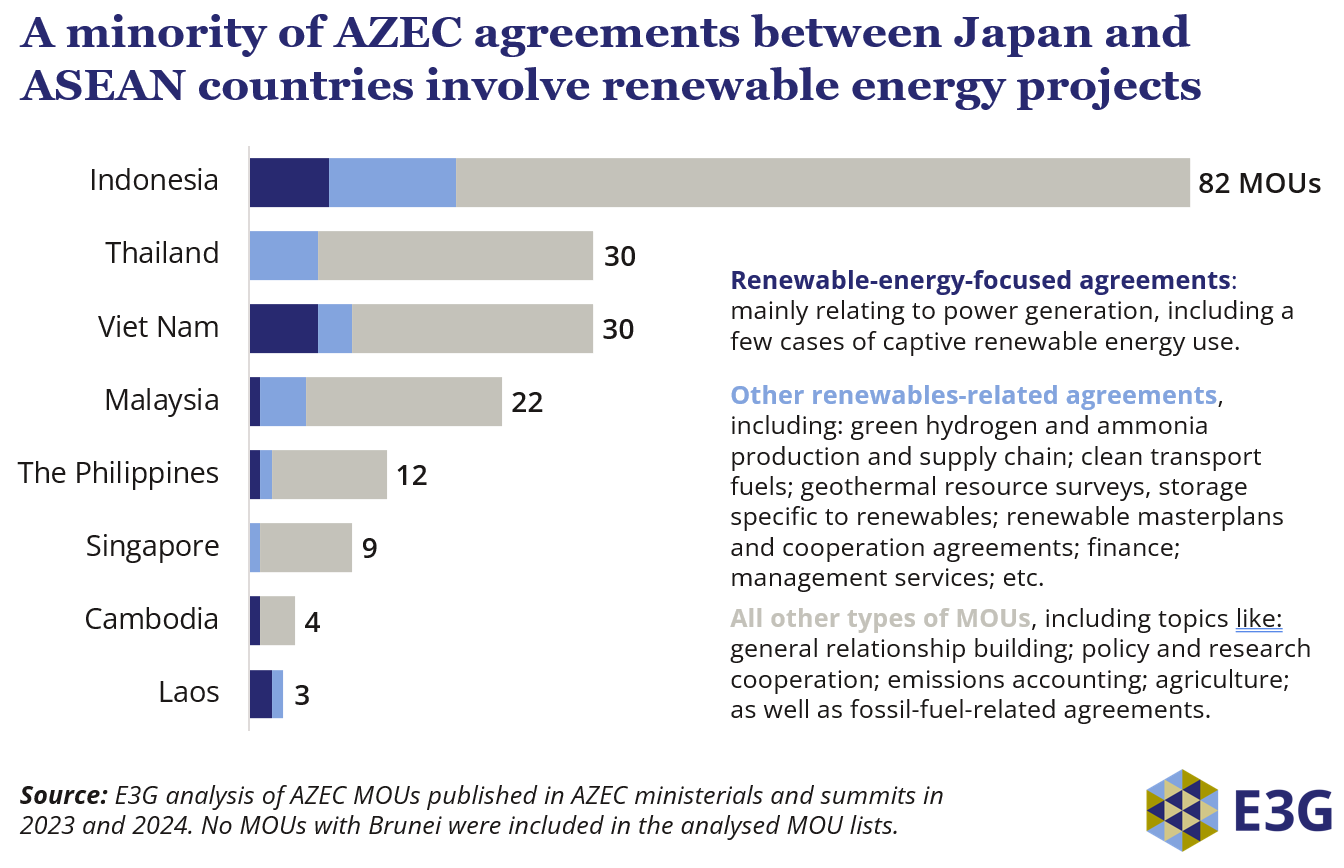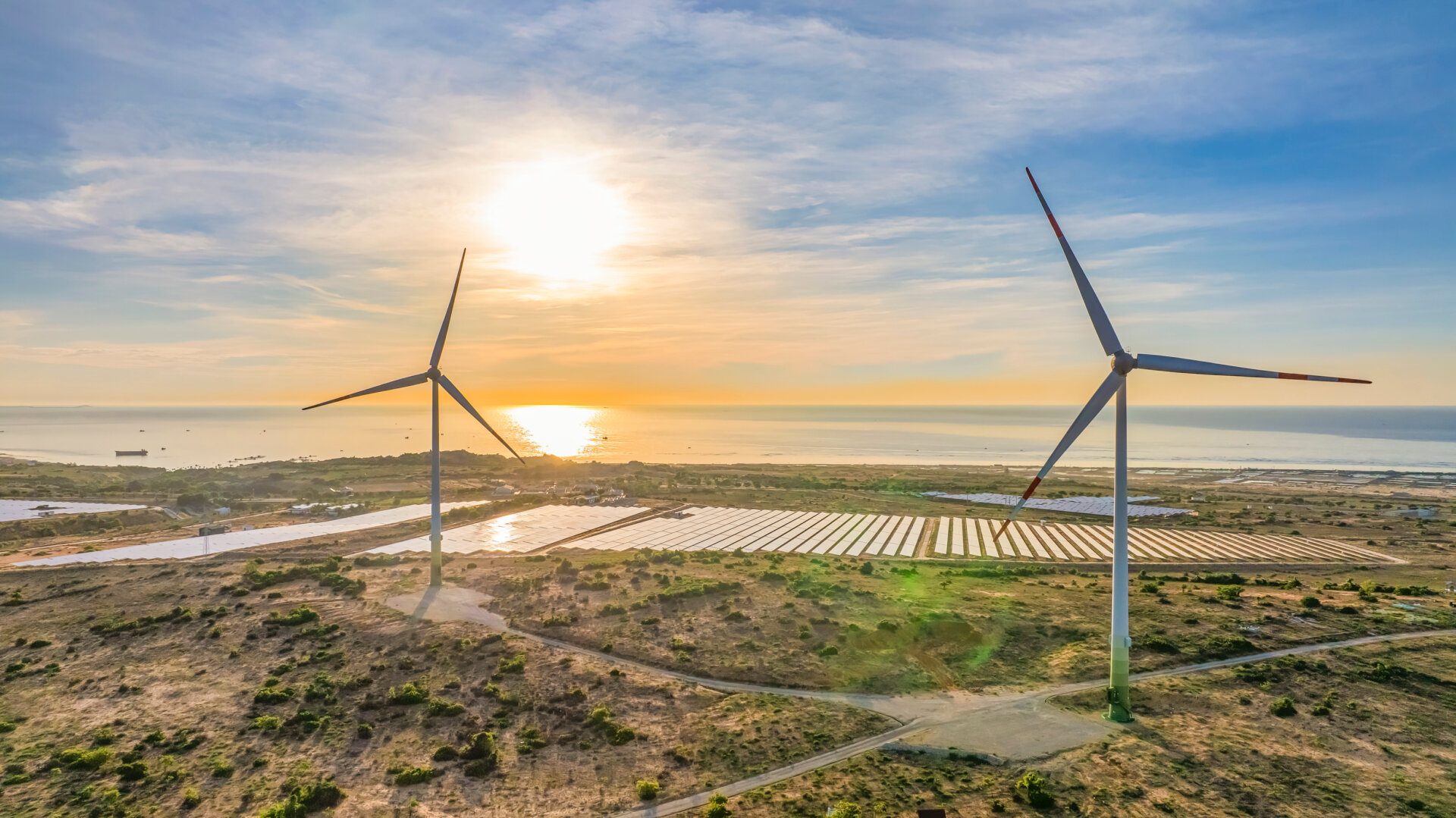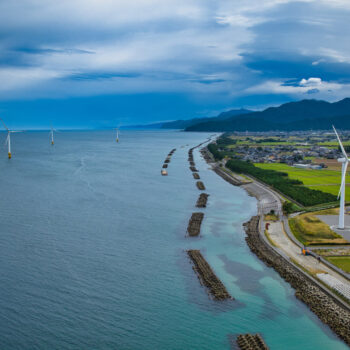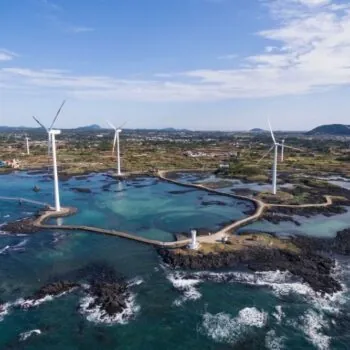当記事の日本語バージョンについては、こちら をご覧ください。
The Asia Zero Emission Community (AZEC), Japan’s flagship initiative for regional decarbonisation cooperation, aims to support its Southeast Asian partners in achieving emissions reductions, energy security and economic growth. Our analysis of the initiative’s first years in action finds its track record so far mixed. There is positive initial progress on renewable energy projects and solutions needed to enable the clean energy transition, but the significant inclusion of fossil fuel projects is concerning. The AZEC ministerial and summit in October 2025 offer an opportunity for the initiative to expand its efforts on renewable and clean solutions, which will be key to ensuring the initiative meets its stated objectives and supports its partner countries’ clean energy and net zero plans.
Southeast Asia is projected to account for over one-fourth of global energy demand growth up to 2035. To meet the countries’ net zero targets, most new power capacity investments will need to go towards renewable energy sources.
Support from initiatives like AZEC is crucial in ensuring countries in the region can meet their energy transition goals and improve energy security. Proposed by Japan and launched in 2023, AZEC currently includes 11 member countries: two OECD countries (Japan and Australia), and nine ASEAN member countries (Brunei Darussalam, Cambodia, Indonesia, Laos, Malaysia, the Philippines, Singapore, Thailand and Viet Nam).
One of the initiative’s core functions is promoting tangible projects. These AZEC-tagged cooperation agreements are published during AZEC ministerials and summits. The newest batch of agreements is expected to come out in the upcoming third ministerial and summit in late October 2025.
Key findings
Our analysis of the approximately 190 agreements signed between Japan and Southeast Asian counterparts in 2023 and 2024 found that:
- About 9% of the agreements so far focus on promoting defined renewable energy projects – solar, wind, geothermal, hydro and sole use of green hydrogen or ammonia in power generation or captive energy use.
- A further approximately 15% of the agreements relate to other aspects of promoting renewable energy, such as resource surveys and alternative fuel supply chains, cooperation on roadmaps and financing – often in early phases with more uncertain outlook.
- The agreements include 17 defined renewable power or energy use projects across AZEC countries, including 8 in Indonesia and 4 in Viet Nam. The project types vary according to national circumstances: geothermal projects in Indonesia reflect its large geothermal potential, similarly wind projects in Viet Nam and the Philippines. On the other hand, despite the strong solar potential and capacity addition plans across the region, agreements including concrete solar-specific projects were found in only four countries.
- Additional positive solutions featured in the agreements include energy storage, grid improvements and greenhouse gas accounting systems, as well as climate-smart agriculture.
- The agreements also cover a range of fossil fuel projects. These include upstream fuel production, new fossil-based power production, and attempts to reduce emissions from existing fossil power plants using nascent technologies such as ammonia co-firing.
Beyond the cooperation between Japan and ASEAN-AZEC countries, we looked at Australia’s role in the initiative so far. Going forward, Australia could play an active role in contributing to the initiative and promoting clean solutions highlighted in plans such as the Future Made in Australia agenda.

Indonesia is Japan’s partner in the largest number of AZEC-branded agreements.
We found that in total, eight of the 17 power and energy use related AZEC projects in Indonesia focus on renewables. Notably, AZEC has made progress in supporting three specific geothermal power projects in Indonesia. Meanwhile, agreements focused on solar, Indonesia’s priority for new power capacity additions, remain limited to captive use.
On the other hand, seven of the 17 projects in Indonesia involve fossil fuels. They include feasibility studies and ongoing tests to implement measures in existing fossil fuel power plants, including co-firing of alternative fuels with coal and gas. New gas power is also being explored. These projects may expose Indonesia to risks including high costs, insufficient emissions reduction performance, and energy security risks. The remaining two projects are waste-to-energy projects.
Building on positive solutions in AZEC
To ensure AZEC can efficiently support its member countries’ clean energy transition objectives and energy security needs, while meeting its stated 1.5 °C and zero emissions goals, the involved countries could consider:
- Prioritising support for clean solutions that are demonstrably aligned with member countries’ energy transition targets and AZEC’s collective commitment to emissions reductions in line with 1.5 °C pathways and tripling renewables capacity by 2030.
- Building on projects focused on enabling infrastructure and services and providing support to advance the development of the ASEAN Power Grid.
- Building on energy efficiency initiatives, expanding AZEC’s support for renewable energy solutions and strengthening AZEC’s institutional resourcing dedicated to renewables.
- Developing coordination with other energy transition initiatives.
- Developing AZEC’s institutional practices, for example by establishing practices for independent external review, and improving transparency, access and inclusive participation.
- Developing and clarifying the criteria that projects must meet to be included in AZEC and receive public financial support, establishing climate guardrails for already announced fossil-fuel-related projects, and ensuring robust social and environmental safeguards for renewable projects, particularly in geothermal and hydro power.
Note: Analysis presented in the briefing will be updated as new agreements are published. Additional country-specific analyses will be released in the future.


